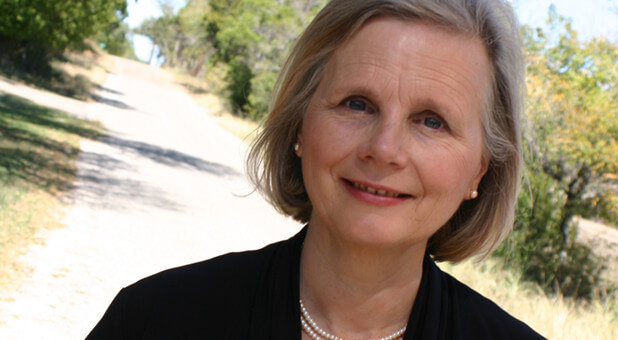In his book,Why Not Women, Loren Cunningham tells this story:
Duncan Campbell, who had witnessed an extraordinary revival in the Hebrides, was asked to speak about the revival in a London church that was known for its legalism. After the meeting, the elders expressed their disappointment that he hadn’t talked about a recent dramatic move that had occurred on the Island of Barvas. When asked why, Campbell replied, “I didn’t tell you about that place because I was not the one God used there. My two colleagues whom God used were women.”
There was silence for a while. Then the head elder joked, “If God can use a donkey, then I guess he can use a woman.” He meant it to be funny, to ease the tension.
I’ve had that argument used to me, too.
1 Timothy 2:12 says that a woman should not have authority over a man.
Or does it?
Jon Zens in his book What’s With Paul and Women? talks extensively about this.
The word authentein, often translated as to “have authority” (eg, NKJV) or “assume authority” (NIV) is only used this one time in the whole Bible. Paul had many other choices of words he could have used that mean authority in the classical sense, but there was another nuance he wanted to convey. In the Greek literature of the time, the word had a more violent connotation, including murder, or contracting for murder to take place. A better translation might be “to control in a domineering manner.”
Philip B. Payne in Man and Woman, One in Christ puts it like this:
…[Paul] institutes a present prohibition against any woman seizing authority for herself to teach a man. Paul’s goal is to exclude any unauthorized woman from teaching men in the church. This prohibition does not, however, restrict teaching by authorized women, such as Priscilla (2 Tim 4:19), since just such teaching might be critical in influencing deceived women to reject error and embrace the truth.
Paul’s prohibition of women with self-assumed authority teaching men does not imply that he approves of men teaching with self-assumed authority, particularly if they also promote false teaching.
Let’s take the example of a woman missionary who leads a man to Christ. Does this man have spiritual authority over her simply because of her gender? I think not.
What do you think? Tell us on Facebook.
Adapted from Felicity Dale’s blog, Kingdom Women. Felicity Dale is an author and an advocate for women in the church. She trains people to start simple, organic house churches around the world.











































